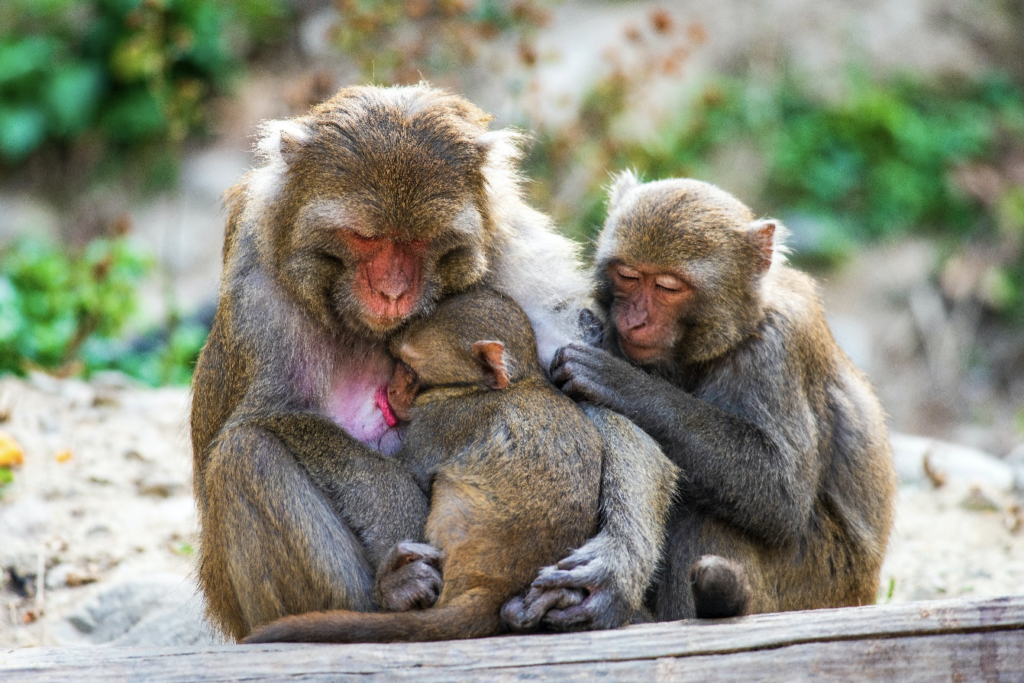The continual struggle for animal rights is motivated by the conviction that all living things deserve to be treated with kindness, respect, and dignity. Animals have intrinsic value since they are sentient beings who can feel pain and suffering in addition to serving practical uses.
The moral concern principle holds that all beings who are capable of suffering have a right to moral consideration and should be treated as such. This is the foundation for the ethical arguments in favour of animal rights. These arguments incorporate arguments from utilitarianism, deontology, and animal rights theory, among other philosophical stances. The minimisation of pain and maximisation of total well-being are key tenants of utilitarianism, which was promoted by philosophers like Jeremy Bentham and Peter Singer. From this perspective, it is not justifiable to cause needless suffering to animals for human benefit. By emphasising the artificial boundary between humans and other species, Singer’s influential idea of speciesism contends that it is morally wrong to put one species’ needs ahead of another.
Animals should be treated as ends in and of themselves rather than as merely a means to human objectives, according to deontological views like Immanuel Kant’s categorical imperative. This viewpoint opposes the idea that animals are merely possessions and maintains that they have intrinsic rights, such as the right to life, the right to be protected from attack, and the right to pursue their own desires.

The animal rights idea, which was created by Tom Regan and others, asserts that animals have inherent rights because of their intrinsic worth as living, feeling beings. This viewpoint holds that all animals, regardless of how useful they may be to humans, have a fundamental right to respect. This viewpoint calls into question the widespread belief that animals are nothing more than commodities and urges society to acknowledge their moral importance.
Beyond philosophical discussions, the struggle for animal rights finds expression in the legal system. Legislative frameworks have changed to reflect how society views animal welfare. Many nations have passed legislation to safeguard animals against abuse, exploitation, and needless suffering.
Legislation frequently concentrates on stopping atrocious abuse, like cruelty to animals, neglect, and desertion. However, the range of animal rights keeps growing. Some jurisdictions have passed laws that expressly acknowledge that animals are sentient beings with the ability to feel pain and suffering. By questioning the conventional legal classification of animals as simply property, these legal reforms underscore the moral obligation to guarantee the wellbeing of animals.
Furthermore, efforts are underway to ban cruel practices such as factory farming, animal testing for cosmetic purposes, and the use of animals in entertainment. Increased awareness about the inherent cruelty of these industries has led to a push for legislative reform and alternative approaches that prioritise animal well-being.
Beyond the spheres of ethics and the law, the struggle for animal rights has significant societal repercussions. The way we treat animals reveals what we value as a culture and helps to build our shared moral compass.
Environmental sustainability is a key component of animal rights. Deforestation, greenhouse gas emissions, and pollution are only a few of the serious ecological effects of industrial farming and other types of animal exploitation. These environmental effects can be reduced by switching to more moral and ethical behaviours, such as vegan diets and cruelty-free alternatives.

Recognising and upholding animal rights also promotes empathy and compassion, two essential traits for creating a more humane society. Many research investigations have linked human violence towards people and the mistreatment of animals, highlighting the significance of fostering empathy for all living things. The culture of empathy, generosity, and inclusivity that permeates all facets of human contact is strengthened by our support for animal rights.
Social justice movements and the defence of animal rights share common ground. For instance, conditions in which animals are bred for food frequently result in suffering are disproportionately felt by marginalised groups of people. By tackling these interconnected injustices, animal rights advocates work to create a world that is more fair and caring for both humans and animals.
In addition, supporting animal rights can result in considerable progress in both science and technology. In addition to saving innumerable animal lives, ethical alternatives to animal testing, like in vitro procedures and computer models, also produce information that is more accurate and trustworthy. We promote scientific development and ethical breakthroughs in a variety of sectors by sponsoring creative methods that substitute animal research.
The struggle for animal rights encounters obstacles and opposition from a variety of sources. Some contend that the needs and interests of humans should come first, placing human welfare ahead of the ethical considerations of animals. Others contend that because animals don’t have certain traits like language or rationality, they don’t have any inherent rights. These discussions draw attention to the intricacy of the subject and the necessity for ongoing discussion and instruction to encourage comprehension and transformation.

Nevertheless, despite the difficulties, advancement is being made. Significant victories have been made as a result of increased public awareness and campaigning, including the construction of animal sanctuaries and the outlawing of animal circuses in a number of nations. Companies have been forced to reevaluate their procedures and create more ethical alternatives as a result of the rise in veganism and the desire for cruelty-free products.
Education and outreach are essential to advancing the battle for animal rights. We can build a society that acknowledges and respects the rights of all sentient beings through promoting empathy, increasing awareness, and promoting moral decision-making. Public opinion is mostly shaped through education programs implemented in schools and colleges, and information is disseminated via media and social platforms.
Finally, the struggle for animal rights is a moral obligation that demands the acceptance of animals as sentient beings deserving of kindness, respect, and dignity. The significance of this ongoing conflict is highlighted by morally-motivated ethical arguments, legal concerns and advancements, and the consequences of animal rights for society. In support of empathy, fairness, and advancement for all beings, we work to create a more compassionate and sustainable world. Not only is it morally right to support the cause of animal rights, but doing so also shows our common humanity and dedication to securing a better future for all.
Sources
- https://faunalytics.org/the-animal-rights-movement-history-and-facts-about-animal-rights/
- https://en.m.wikipedia.org/wiki/Animal_rights_movement
- https://www.rosenpublishing.com/title/The-Fight-for-Animal-Rights
- https://worldanimalfoundation.org/how-to-help/get-active/
- https://aldf.org/
- https://worldanimalfoundation.org/advocate/animal-rights-movement/




